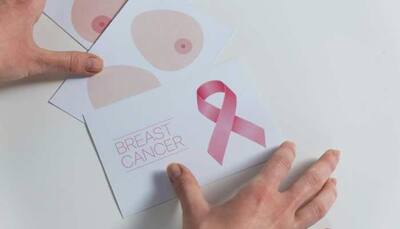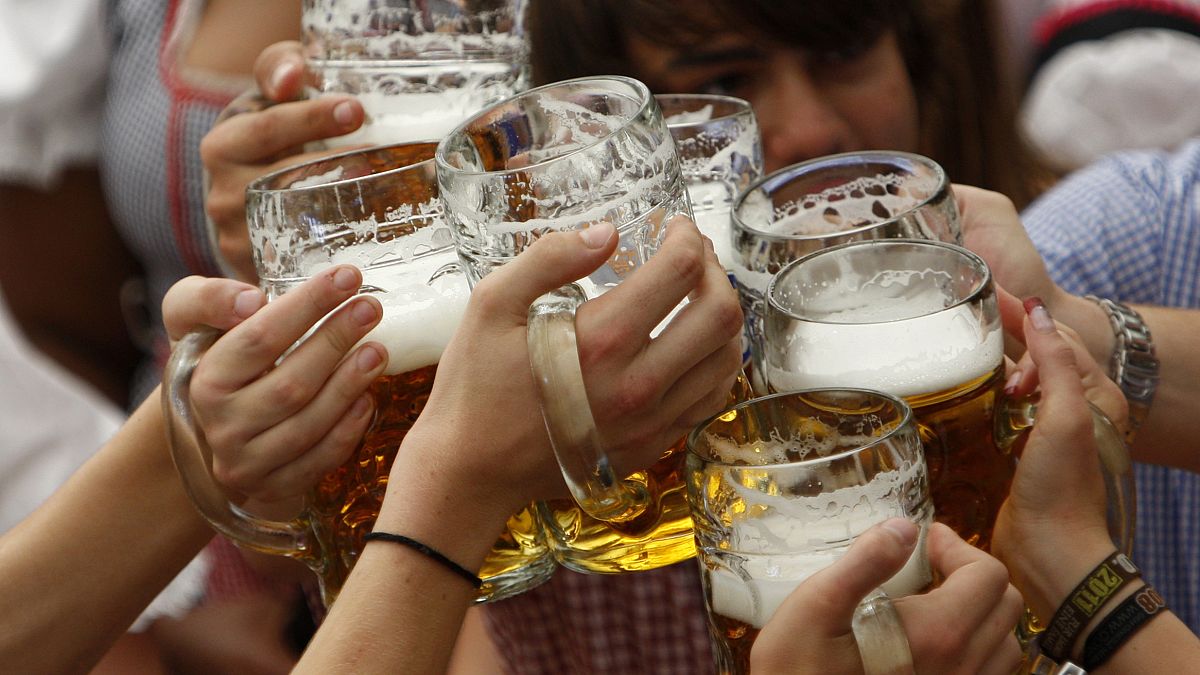Officials insist Sydney's tap water is safe to drink despite probable cancer-causing "forever chemicals" being found at levels exceeding overseas standards. or signup to continue reading Sampling of treated water - including at the city's main reservoir of Warragamba Dam - revealed six sites with detectable levels of synthetic chemical compounds known as PFAS. Such chemicals are found in everyday appliances from non-stick pans to clothing, insecticides and food packaging.
Once in the environment, they don't degrade further, earning them the nickname "forever chemicals". In April, the US Environmental Protection Agency found there was "no safe level of exposure" of two classes of PFAS chemicals in drinking water and they were likely to cause cancer. Sydney Water testing conducted in June and published online without further notification shows one group of the chemicals was found in filtered water from Warragamba, albeit on the cusp of detectable levels.

Two other groups of the chemicals tested were undetectable at Warragamba, which supplies 80 per cent of Sydney's drinking water. Each result was below Australian drinking water standards, however those guidelines have been criticised as being out of date. The United States recently set an enforceable threshold of four nanograms per litre, close to current detection levels.
The National Health and Medical Research Council, which shapes Australia's water rules, is reviewing its guidelines relating to the chemicals. NSW Health protection director Jeremy McAnulty said he didn't want to pre-empt the review's findings but everyone should be reassured Sydney water was safe and met the relevant Australian standards. "Sydney Water and other utilities regularly monitor for various parameters in drinking water to ensure it's safe and to identify risks and that's what's happening here," he said on Tuesday.
All NSW drinking water catchments will be monitored for PFAS annually, while water-filtration plants at Katoomba and Blackheath in the Blue Mountains will be tested monthly. That is because they had the highest results at about 30 nanograms per litre of two potentially harmful chemicals. "It's not above our guidelines, but just to be cautious we have chosen to get some additional monitoring for that system so we have a better understanding," Water NSW executive manager Fiona Smith said.
The published results did not surprise or alarm PFAS expert and University of Sydney head of civil engineering Stuart Khan. "We're talking about very safe, very low levels of exposure that there is no reason for us to assume that it's not safe to drink," he told AAP. "The more important point is that it won't be their major source of exposure.
" The same chemicals were in household dust, clothing, food and food packaging such as plastic-covered paper, Professor Khan said. "Even if you were to avoid the drinking water, it doesn't actually have a significant impact on your overall level of exposure to these chemicals, because you're being exposed through food, packaging, clothing, the entire planet around us," he said. The US EPA has taken a hardline approach to the chemicals in drinking water, setting health-based goals to reduce exposure to zero and forcing water authorities to publicise PFAS levels and clean up contaminated supplies.
The US expects that over many years the regime will prevent exposure to the chemicals via drinking water for about 100 million people and prevent thousands of deaths. DAILY Today's top stories curated by our news team. WEEKLY The latest news, results & expert analysis.
WEEKLY Get the editor's insights: what's happening & why it matters. WEEKLY Love footy? We've got all the action covered. WEEKLY Every Sunday explore destinations, deals, tips & travel writing to transport you around Australia and the globe.
WEEKLY Going out or staying in? Find out what's on. WEEKDAYS Sharp. Close to the ground.
Digging deep. Your weekday morning newsletter on national affairs, politics and more. TWICE WEEKLY Your essential national news digest: all the big issues on Wednesday and great reading every Saturday.
WEEKLY Get news, reviews and expert insights every Thursday from CarExpert, ACM's exclusive motoring partner. TWICE WEEKLY Get real, Australia! Let the ACM network's editors and journalists bring you news and views from all over. AS IT HAPPENS Be the first to know when news breaks.
DAILY Your digital replica of Today's Paper. Ready to read from 5am! DAILY Test your skills with interactive crosswords, sudoku & trivia. Fresh daily! Advertisement Advertisement.


















